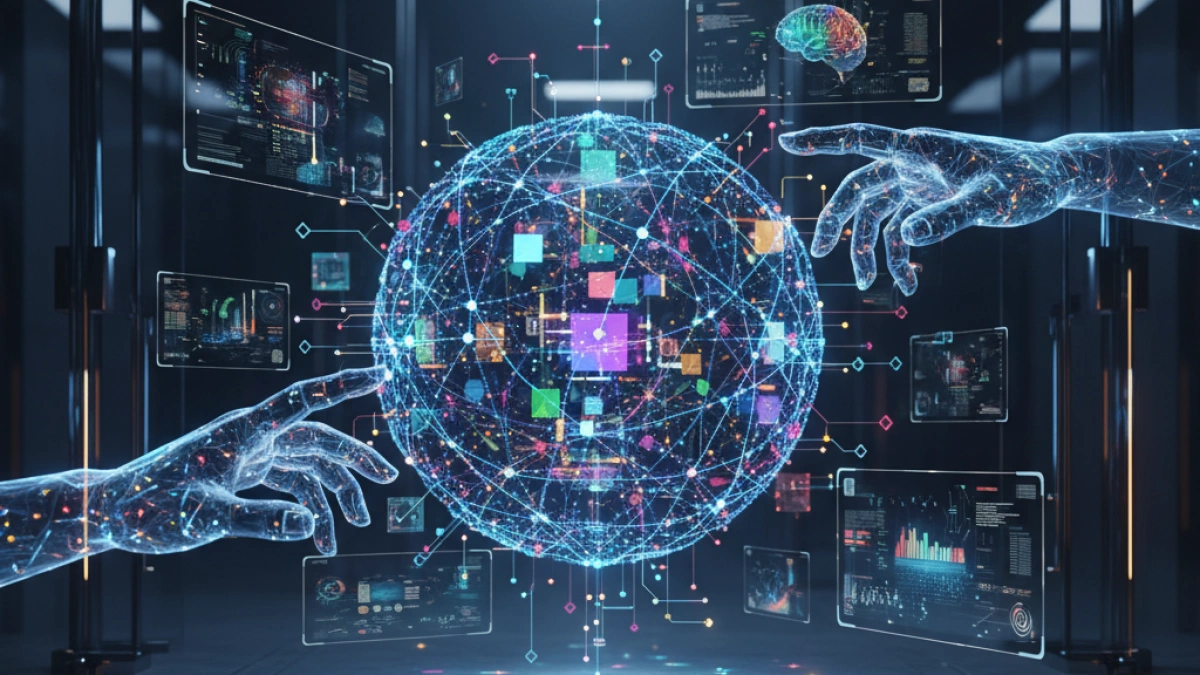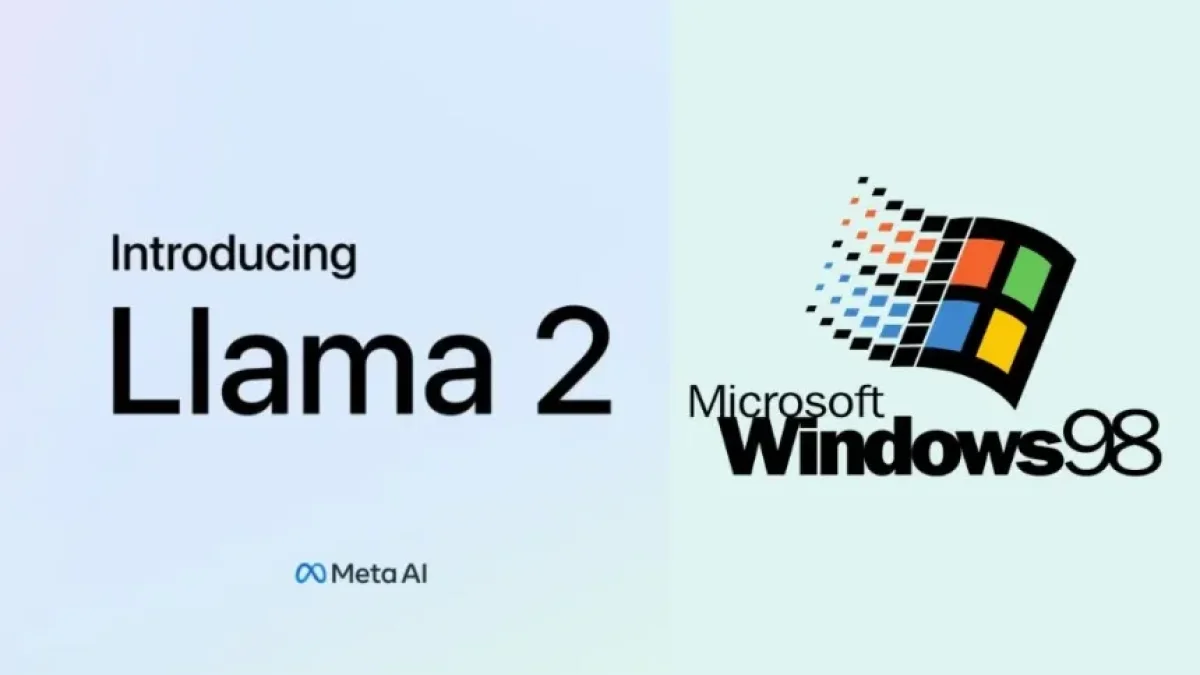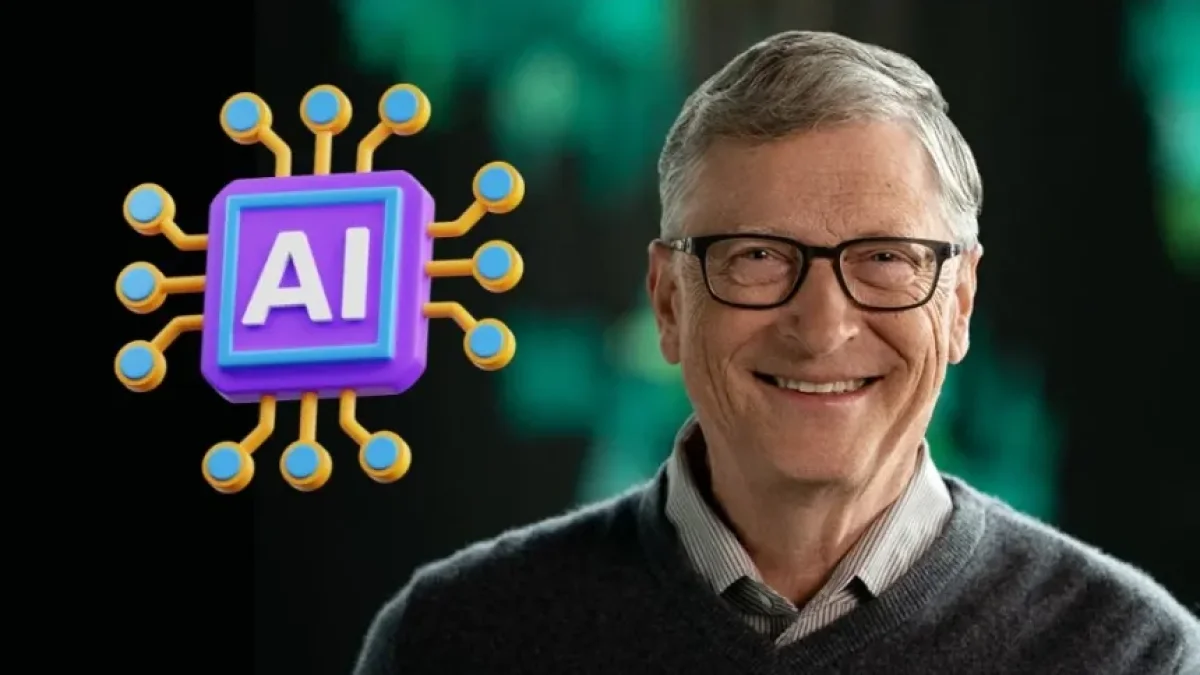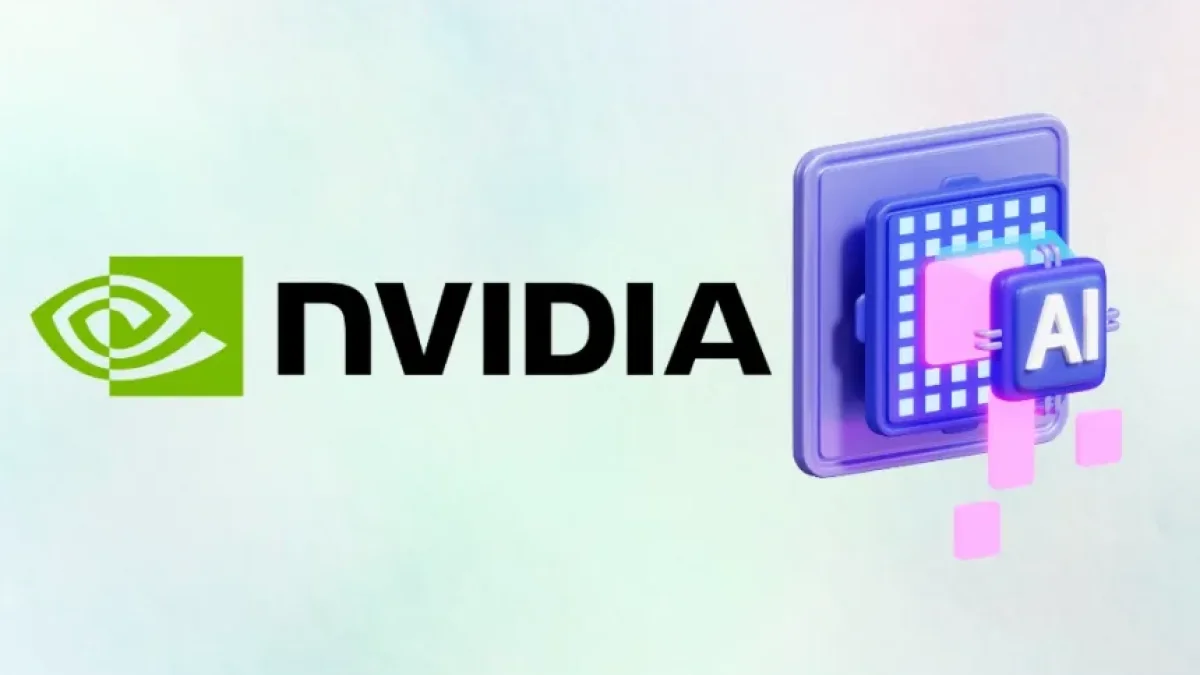The Singularity of AI: When Will It Reach Humanity?

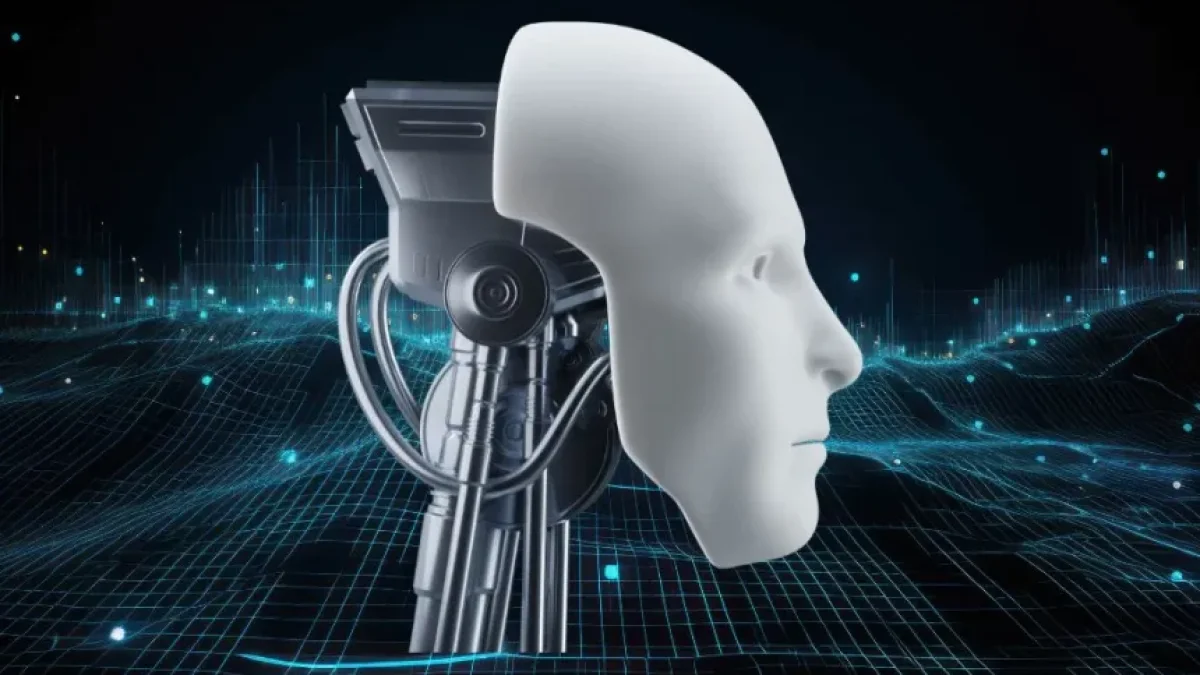
The evolution of artificial intelligence (AI) is a topic that has captivated the attention of scientists, technologists, and the general public. The promise that these machines can emulate and, in some cases, surpass human intelligence has led many to wonder: When will the singularity of AI be reached? A recent study provides new insights into this fascinating subject.
What is the Singularity of AI?
The singularity of AI refers to a hypothetical point in the future when machines surpass human intellectual capacity. This concept was popularized by futurist Ray Kurzweil, who describes it as a moment when artificial intelligence becomes capable of improving its own programming without human intervention. From this point onward, it is assumed that technological advancement will accelerate at an unprecedented rate.
New Predictions from Scientists
Recently, a team of researchers has made projections about when the singularity of AI might occur. According to their studies, machines are expected to reach a level of intelligence comparable to that of humans around the year 2060. This analysis is based on current advancements in machine learning algorithms and data processing capabilities.
Advances in Machine Learning
Machine learning, a key branch of AI, has significantly progressed in recent years. Machines are now capable of learning from vast datasets and making predictions with a high degree of accuracy. This development is crucial for approaching the singularity, as it allows AIs to continuously improve their performance.
More Powerful Processors
The exponential growth of processor capability also plays a crucial role. With each passing year, chips become more powerful and efficient, providing AI with more resources to operate. As technology advances, it is estimated that the gap between human and artificial intelligence will narrow.
Implications of the Singularity
The possibility of reaching the singularity of AI raises questions about the future of humanity. It is estimated that if machines can surpass our intellectual capabilities, this could radically change how we live and work. However, scientists emphasize that at this moment, the singularity remains a theoretical concept.
Read also
A Desired Future?
Not all experts share the same vision regarding the singularity. Some believe that this technological advancement will bring benefits in areas such as medicine, education, and sustainability. Others, however, are concerned about the ethical and security implications it might entail. Therefore, the debate continues, and appropriate regulation is needed to ensure that AI is used responsibly.
Conclusion
The study on the Singularity of AI offers an intriguing glimpse into the future of artificial intelligence and its relationship with humanity. It is projected that by the year 2060, machines will possess capabilities comparable to ours, thanks to advancements in machine learning and processor technology.
If you are interested in this topic and would like to read more news about technology and advancements in artificial intelligence, I invite you to explore more content on my blog.

